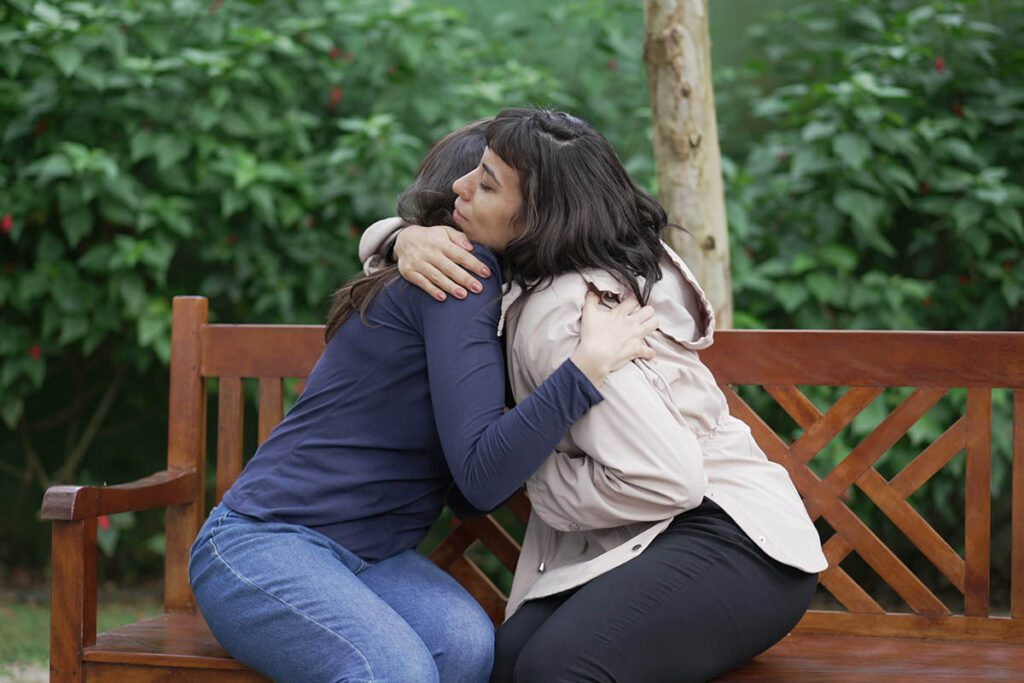Addiction does not happen overnight but develops over time. Recovery also takes time and is an ongoing process. Relapse is a normal part of recovery, but there are ways to help lessen or prevent the risk. Learning how to help your friend during a relapse can help them return to recovery.
Athens Recovery is a family-owned outpatient treatment center whose mission is to provide the highest quality personalized care and treatment to each of our clients. We understand the challenges of overcoming addiction and maintaining sobriety and the importance of continuing care. Call us at 844.959.4998 to learn more about helping someone during an addiction relapse and how our relapse prevention program can help.
What Is a Relapse?
Relapse refers to a return to substance use after a period of sobriety. Because addiction is a chronic disease, relapse is not uncommon. Whether you are in recovery yourself or are supporting a loved one in recovery, it is essential to understand that relapse is neither a sign of weakness nor that treatment doesn’t work. Instead, relapse provides the opportunity to reevaluate a person’s treatment plan or rehab prevention plan and make changes that better support their recovery.
The Importance of Helping a Friend During a Relapse
Having healthy and supportive relationships is a critical element of recovery that helps reduce the risk of relapse. Helping a friend during a relapse can be complicated because you will likely be experiencing some intense thoughts and feelings about it, including fear, disappointment, sadness, and anger.
Balancing how to manage your feelings while providing support can be challenging. Remember that helping a loved one during this time requires empathy, understanding, and a non-judgmental approach. Your support lets your loved one know they are not alone, that you understand their challenges, and fosters a sense of connection and belonging.
Helping a friend during a relapse can also:
- Prevent escalation – Early intervention can stave off a downward spiral and the development of more severe issues.
- Promote accountability – Knowing that someone cares and is aware of their struggles can help motivate a loved one to take responsibility for their actions and seek help.
- Encourage professional intervention – A relapse indicates the need for professional treatment to assist in getting back on track.
- Build trust – Your support helps strengthen trust between you and your friend, which is a critical component of healthy, supportive relationships.
- Reduce stigma – Openly addressing a relapse helps reduce the stigma around it and allows your loved one to feel safe asking for help and discussing their challenges without judgment.
- Promote long-term recovery – Knowing they have your support can increase the likelihood that your loved one will continue to work on their recovery.
Supporting your family member or friend during a relapse not only helps them but contributes to a broader understanding of addiction that helps break down barriers and encourages open conversation that can help reduce social stigmas.
Tips for Helping Someone During Addiction Relapse
One of the most important things to remember about helping someone during a relapse is that they are likely already struggling with intense emotions like frustration, shame, guilt, and fear. Hence, they need empathy and support, not criticism.
Choosing the right time and place to approach them is also essential. Trying to discuss relapse when someone is intoxicated will most likely backfire and may push them away. Ensure that your loved one is sober during your conversation, which should occur in a safe, comfortable environment free from distractions or interruptions.
Addiction relapse tips that can help a friend include the following:
- Use “I” statements to express your concern
- Avoid using stigmatizing terms
- Listen to and acknowledge their feelings
- Talk and listen without judgment
- Support them in adopting healthy lifestyle habits
- Keep in regular contact to reinforce that you are there for them
- Establish clear boundaries to prevent enabling behaviors
- Research treatment options to share
- Educate yourself about addiction, including relapse
- Offer assistance, like rides to meetings or therapy
Knowing what to do to help someone during a relapse is just as important as knowing what not to do. Avoid blame, hostility, criticism, and shame. Also, remember that recovery is your loved one’s journey, not yours, and you cannot force them to get better.
Call Today to Learn More Addiction Relapse Prevention Tips at Athens Recovery
Recovery is a process that takes time, and setbacks, like relapse, are a part of it. In supporting your loved one through a relapse, remember to be patient and encourage patience in them. Call Athens Recovery at 844.959.4998 or complete our online form to learn more about addiction relapse, tips for preventing it, and how to support a loved one if they relapse.

